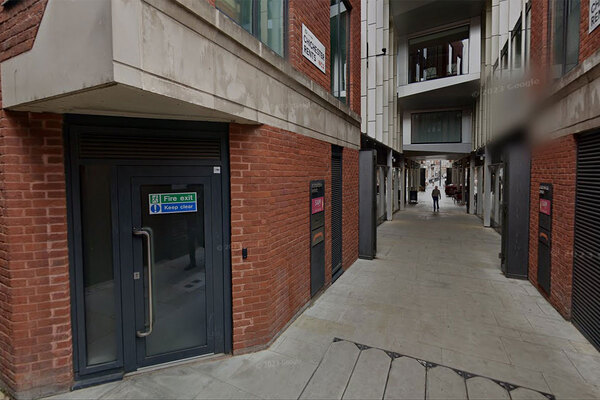You are viewing 1 of your 1 free articles
Court ruling protects disability benefits for tenants moving home
Following a recent court decision, disabled tenants will be better protected from sudden benefit payment reductions when they move home.
An Upper Tribunal judge found that the Department for Work and Pensions (DWP) had not acted lawfully in its treatment of a disabled tenant when she moved from supported to sheltered accommodation.
The tenant called Julie, who was represented by homelessness charity Shelter, challenged the DWP after she suddenly lost £285 a month in benefit payments and found herself in “unfair” financial hardship.
The income loss arose because Julie was moving from supported housing paid by housing benefit to sheltered accommodation covered by Universal Credit (UC). This meant the whole of Julie’s housing costs were treated as an increase to her UC, even though her income had not increased.
Shelter argued that the tenant should have had “transitional protection”, a system introduced by the government to shield disabled tenants from a sudden “cliff-edge” income drop when moving from the old benefits system to UC.
Tribunal judge Thomas Church agreed, and found that people moved from legacy housing benefit to the housing costs element of UC were not being treated equally to those who moved within the same benefit.
In Julie’s case, as the DWP was unable to justify this unequal treatment, it amounted to unlawful discrimination.
Mr Church said: “What cannot occur is the unfair stripping away of all transitional protection in one fell swoop when a claimant’s circumstances change, such that they need to move between specified accommodation which is funded via housing benefit and non-specified accommodation which attracts the housing costs element of Universal Credit.”
Shelter said the decision meant other people with disabilities should not face the same ‘cliff-edge’ issue and hardship that Julie had experienced.
However, the charity also raised concern that the speed of the DWP’s migration from legacy benefits to Universal Credit could leave many people “falling through the cracks”.
It said: “The government must urgently change the law to reflect the tribunal’s finding. And the DWP must make sure that managed migration won’t result in more people living with disabilities and health problems facing financial hardship.”
The Upper Tier court ruling followed an earlier decision by a First-tier Tribunal that had allowed the appeal and told the DWP to recalculate Julie’s award.
A DWP spokesperson said: “We are currently considering the necessary requirements to comply with this judgment.”
Just last week, a new cross-party report by MPs found that disabled people are being failed by the government’s housing policy and are living in unsuitable homes “for years without hope”.
Sign up for our daily newsletter
Already have an account? Click here to manage your newsletters












